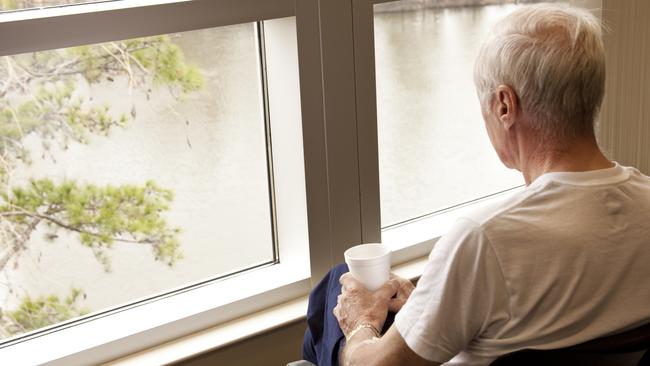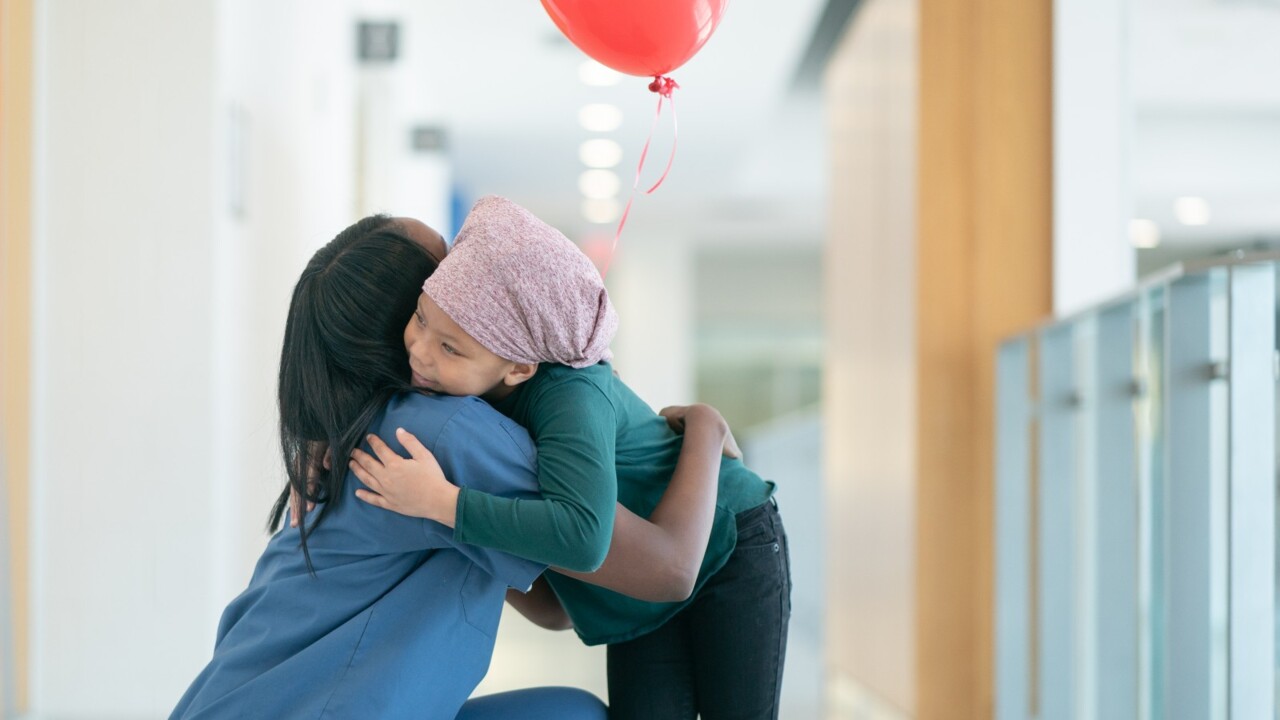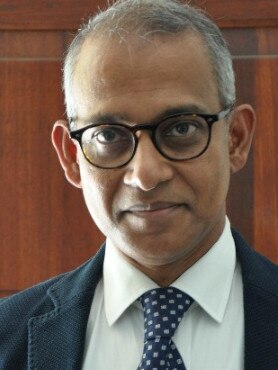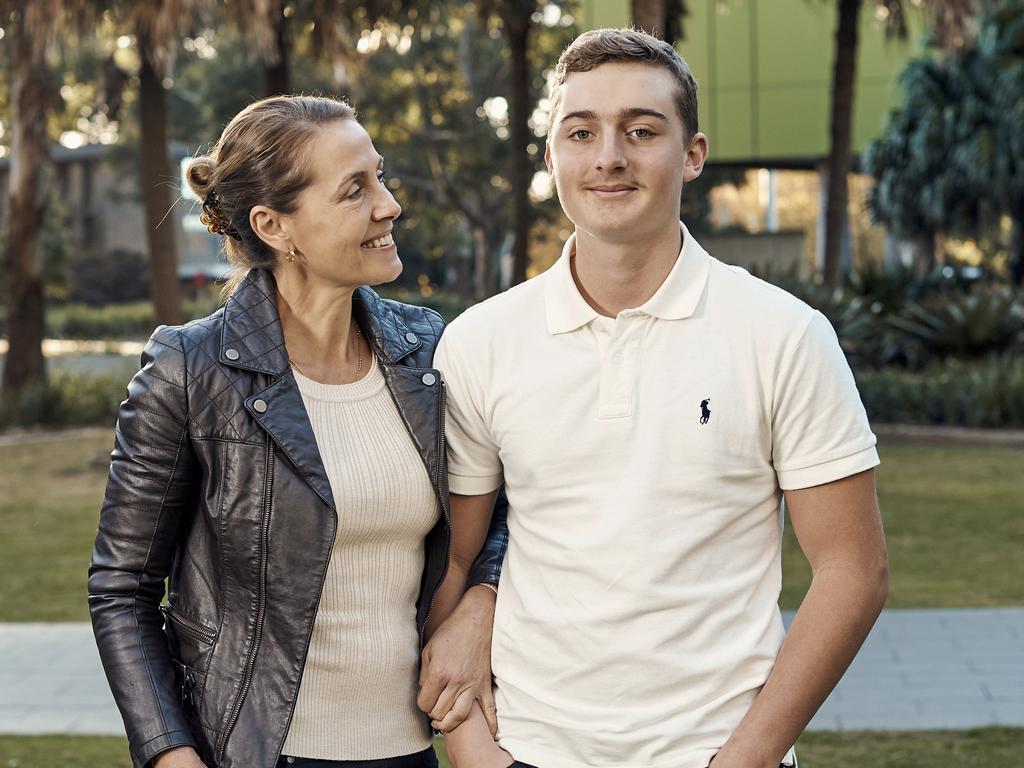Exercise key to post-cancer wellbeing, study finds
Exhausted cancer survivors can significantly improve their quality of life through regular exercise, a new study has found, amid claims Australian hospitals are not investing enough in those who suffer.

Exhausted cancer survivors can significantly boost their quality of life and emotional wellbeing through regular exercise, a groundbreaking new study has found, amidst claims Australian hospitals are not investing enough in those who suffer.
Fresh research from the Royal Australasian College of Physicians revealed patients who attended supervised exercise programs twice a week presented with notably decreased levels of fatigue, and an improved quality of life.
The study, which analysed the behaviours of 250 cancer patients, was commissioned due to extreme exhaustion that affects up to 60 per cent of cancer patients, with symptoms that can last for years. One in two Australians are expected to develop at least one type of cancer before the age of 85.

Lead author Anupam Datta Gupta said Australia had “world-class care” results in some of the highest cancer-related survival rates, but the health system was not helping patients thrive post-treatment.
“We are increasingly getting better at helping patients survive cancer, but we are not helping them cope with some of the side-effects of cancer and cancer-related treatment,” the University of Adelaide professor told The Australian.

Professor Datta Gupta said the research showed oncology clinicians should refer patients to these services as part of their overall cancer care.
“Normally cancer-related fatigue is under-reported, under-diagnosed and under-treated,” Professor Datta Gupta said. “Our research showed that a targeted and supervised exercise regime that takes place in a hospital setting can clearly help cancer survivors,” he said.
Patients are forced to combat cancer-related fatigue on their own and the majority do not meet daily recommended exercise targets.
Professor Datta Gupta said the research could be used to develop a cancer fatigue program in Australian public hospitals. “These patients are often trying to ameliorate fatigue by sleeping for long periods, but unlike everybody else, they wake up mentally and physically tired,” he said. This fatigue was different to other types of exhaustion, with effects lasting months and even years, he said. “Someone may look fine on the outside to their family and friends, but the reality is they are suffering from severe exhaustion and fatigue.”







To join the conversation, please log in. Don't have an account? Register
Join the conversation, you are commenting as Logout